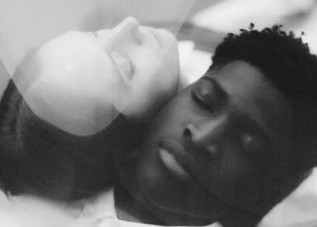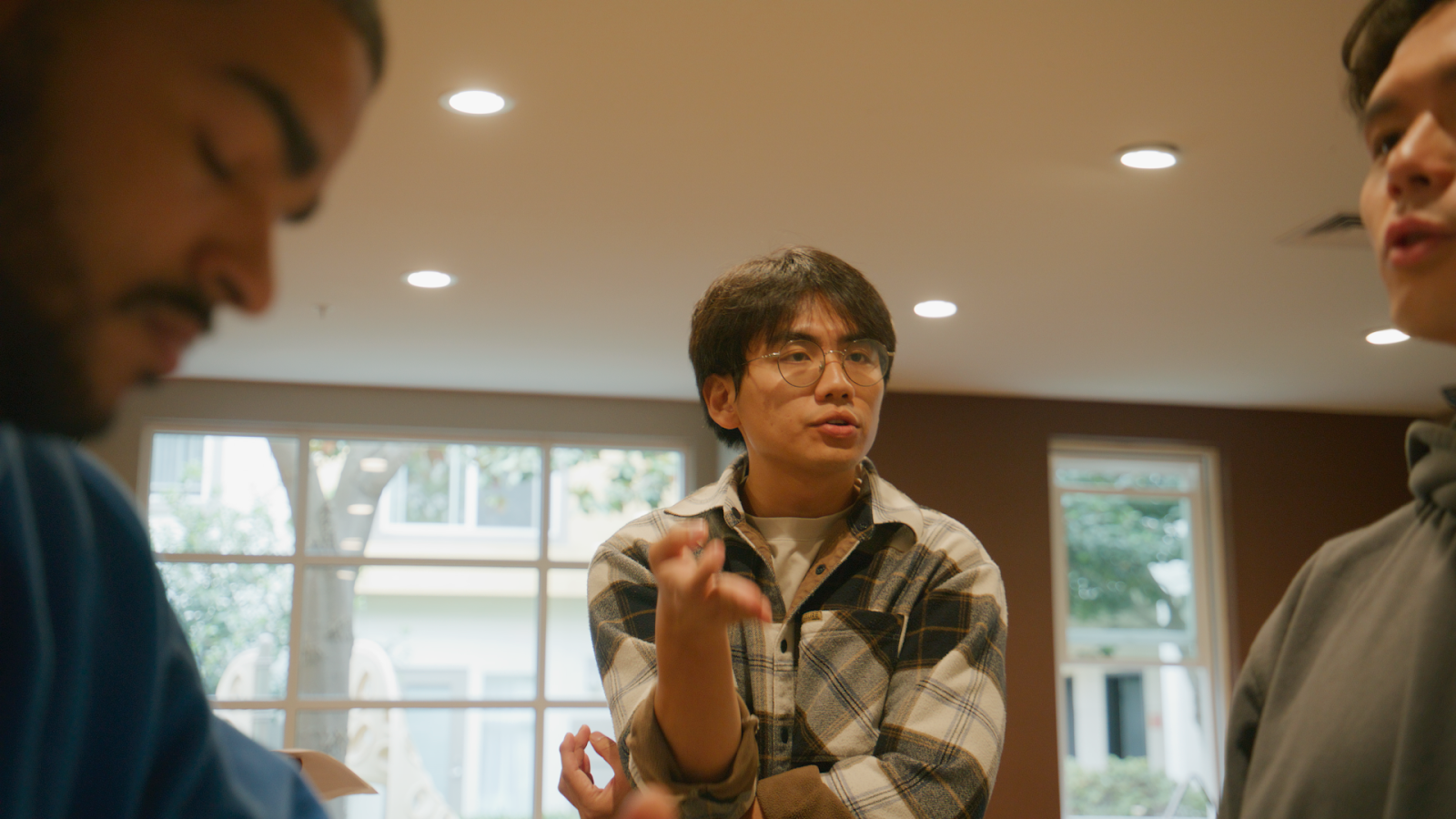
Content Warning: This article contains mentions of sexual assault.
Promising Young Woman, the directorial debut of The Crown star Emerald Fennell, has racked up five nominations for this year’s upcoming Academy Awards.
The feminist crime thriller stars Best Actress nominee Carey Mulligan as Cassie, a barista and medical school dropout who spends her weekends at clubs alone pretending to be drunk to teach a lesson to the sordid men who attempt to take advantage of her in her faux-powerless state.
On first pass, Promising Young Woman seems like a refreshing watch for its female audiences. Just about every woman has a story of being too drunk on a fateful evening, and all of those women wish they could vindicate their personal perpetrators. Promising Young Woman attempts to create a universe where that’s possible, where justice is actually served, where men are forced to reckon with their history of perpetuating sexism and rape culture. While Promising Young Woman is beautifully shot and features a stellar cast, as the plot progresses, it prompts the question: Who, exactly, is this film for?
Spoilers ahead.
Initially, Promising Young Woman seems to posit itself as a place for women to feel seen and validated. It’s easy to sympathize with Cassie in the film’s first act; she seeks revenge on men not because of any assault she experienced, but because her late best friend Nina had been raped years ago by their successful med school classmate, the soon-to-be-married Al Monroe (Christopher Lowell). We see Cassie shock men by snapping out of her seemingly-drunken state moments before those men attempt to rape her. It creates a nice fantasy of lulling men into admitting that what they were intending to do is incredibly wrong. But Promising Young Woman is just that: fantasy.
PROMISING YOUNG WOMAN – Official Trailer [HD] – This Christmaswww.youtube.com
During one of her shifts at the coffee shop, Cassie reunites with Ryan (Bo Burnham), another classmate from her med school days, and they eventually begin a romance. As the film’s token “nice guy,” Ryan still keeps in touch with Al and other friends from school. However, he seems to have conveniently forgotten about Nina’s public rape at a party, which led both her and Cassie to drop out.
After reuniting with Ryan, Cassie decides to invite her ex-friend from school, Madison (Alison Brie), to drinks at a hotel restaurant. After getting Madison drunk, Cassie confronts her about Nina’s rape, which Madison did not initially believe happened. “I mean, it’s crying wolf,” Madison tells Cassie. “When you get that drunk, things happen.” We then discover that Cassie has paid a male hotel employee to bring Madison to a room, leading Madison to conclude the next morning that she had possibly been raped, too.
Poet, author, and activist Audre Lorde once famously wrote: “The master’s tools will never dismantle the master’s house. They may allow us temporarily to beat him at his own game, but they will never enable us to bring about genuine change. And this fact is only threatening to those women who still define the master’s house as their only source of support.”
If Promising Young Woman is intended to be a gesture towards circumventing rape culture, then our protagonist cannot effectively do so by playing into the very methods that endanger women on a daily basis.
In the film’s final act — fueled by the rage of discovering that Ryan had, in fact, witnessed Nina’s rape and did nothing to stop it — Cassie ventures to Al’s bachelor party in a remote cabin, posing as a stripper. Clad in a cotton candy wig and racy doctor getup, the disguised Cassie drugs all the party’s attendees and coaxes Al upstairs to the bedroom. Bound to the bedframe with fuzzy handcuffs, Al suddenly recognizes Cassie from school and realizes her violent intentions with him. Before Cassie can hurt Al, however, he bursts free from the handcuffs and suffocates her with a pillow until she dies beneath him.
One of the overarching issues of Promising Young Woman is that we never see the violence Cassie enacts on her male victims. We can make assumptions about whether or not she hurts them, but the only violent moment shown in the film is when Cassie is murdered. If this is the “rape revenge” film it’s been marketed as, why is the only violence shown explicitly that of a rapist? Even more upsetting is the underlying implication that the most effective way for a woman to have her story of assault heard is to die.
Not only does Promising Young Woman fail as a source of comfort for survivors of sexual assault, but it gives its male antagonists little more than just a slap on the wrist. Again, we never see exactly what harm Cassie inflicts on the men who try to rape her (“You’re that psycho that Jerry took home,” one near-victim yells at her outside a bar). When Cassie visits Jordan Green (Alfred Molina), Al’s judge who harassed Nina into dropping her charges, he tells Cassie he’s been on sabbatical since suffering a mental breakdown and begs her for forgiveness. Cassie tells Jordan she forgives him.
The only semblance of justice that Promising Young Woman offers is the final scene, where Al’s wedding is interrupted by a swarm of police officers who arrest him for murdering Cassie. Promising Young Woman has been described by critics as “twisted” and “wicked,” but this finale plays it incredibly safe. The film insinuates that cops and lawyers will take care of everything and justice will be served, as if cops and lawyers weren’t the very same groups of people who insisted Brock Turner was a “promising young man” in spite of raping a woman right on Stanford’s campus.
Promising Young Woman has its moments, most of them revolving around the cast’s charm — I want Bo Burnham to play the goofy love interest in every rom-com henceforth. But the film’s flaws are even more glaring than Cassie’s technicolor manicure. If the #MeToo movement taught us anything, it’s that sexual assault has no place in Hollywood — even when dressed up as revenge on the big screen.













